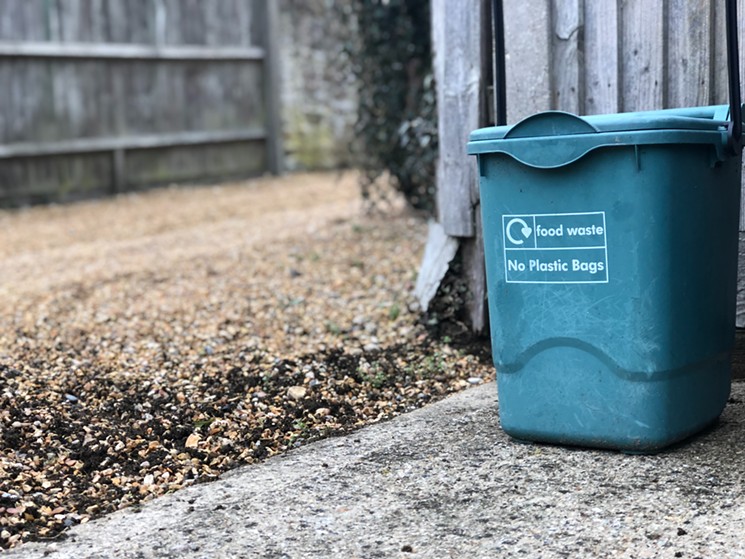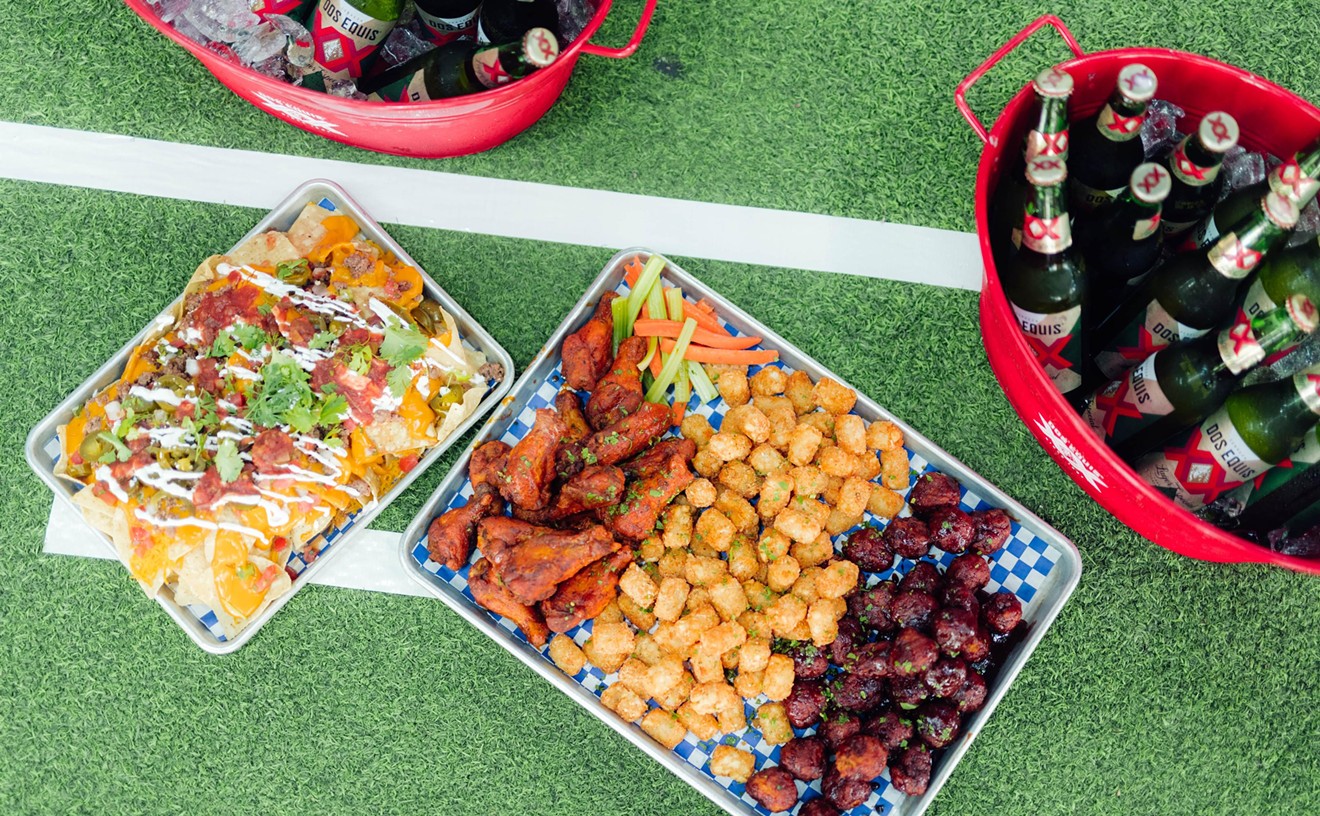Welcome to Table Scraps, a monthly series on the growing problem of food waste and what some eateries, officials, farms, institutes, and everyday people are doing right. This isn’t a guilt trip, just a way to unpack initiatives attempting to reduce kitchen waste and food loss, as more than 40 percent of all food is wasted in the U.S. We’re exploring backyard composting to city programs, restaurant tips to technology, and anything related to this global issue. Heat up those leftovers, and settle in.
Writing this, I feel like Barbara Stanwyck in 1945’s Christmas in Connecticut (not the Arnold Schwarzenegger-directed 1992 version). In that delightful holiday comedy, food writer Elizabeth Lane (played by Stanwyck) instructs others how to be the ultimate homemaker during the holidays. Spoiler: She was a fraud — not a homemaker but a single gal in a New York City apartment.
I, too, don’t know shit about hosting holiday get-togethers, cooking large family meals, or presenting perfect pies. Yet I’m about to tell you what to do in the kitchen on Christmas. Because I have tips on how you can chill on your holiday-related waste.
The most easily digestible stat I can share is this: “Between Thanksgiving and New Year’s, Americans throw out 25 percent more trash than the rest of the year.”
We could start sanding that awful statistic down to 20 or 15 percent in a few decades or so (Merry Christmas) if we really tried. Here are a few healthy holiday habits you might consider trying this week to accomplish that.
You Gotta Shop Smart
It truly starts with grocery stores, which are hectic terrorscapes at the moment, thanks to the season and a deadly virus. But you can still shop smarter — and in doing so, waste less.“Much food waste begins with choices made at the grocery store, which often are influenced by store promotions,” reads a report from the Natural Resources Defense Council called “Wasted: How America Is Losing Up to 40 Percent of Its Food From Farm to Fork to Landfill.”
Or take it from professor Christopher Wharton, assistant dean of innovation and strategic initiatives at ASU's College of Health Solutions. “One of the phrases we use is, ‘Everything has a destiny,’” he says. “You know what recipe [the groceries you buy] are going into; you know what meals this is for. So hopefully, that saves money and avoids the waste.”
A major tip here is a simple one: create a shopping list. If you have a wandering hand, or practically camp out in front of the clearance section, make a list before you shop and stick to it.
Leftovers Are Key
The World Wildlife Fund (WWF) has something of an obvious tip: “Encourage friends and family to take leftovers home.” This should be easy because leftovers are great.But I’d like to take that a step further by suggesting you ask your guests to bring their own storage containers to further encourage takeaway. That is, unless you’re like my parents, who have kept every container they’ve come into contact with and have plenty to spare. I’ve been sent home with mashed potatoes in a container previously labeled as dog food.
If you’re not hosting, bring your own Tupperware to the meal on the sly and bust it out if leftovers are offered.
Hey, even some pets and animals can get in on those leftovers.
You Gotta Store Smart
If you still have a ton of food after your family has bailed, there are specific ways to store it to reduce waste. As Wharton says, the largest proportion of food waste is happening at the household level.Uneaten food from your own plate has an easy end: Stick them in food containers and store them in the fridge behind any other leftovers, using the first in first out (FIFO) method.
Other food storage tips include proper labeling (side note: don't even fuck with expiration dates), sticking herbs in water like a bouquet, keeping certain foods separate, and a lot more.
Compost Everything Else
The subject of composting seems to create two camps: those who don’t really get it, and those who are sickos for it. As a member of the latter group, I can tell you composting is easier than you think.Here’s a recount of my personal experience with starting a compost corner in my own backyard. And if you don’t have a yard or don’t love the idea of shoveling old coffee grounds and decomposed egg cartons, you can sign up for local compost services like R. City or find a home for your compost through programs like ShareWaste.
There Are Other Forms of Kitchen Waste
Finally, it’s important to keep in mind kitchen waste doesn’t start and stop with just food (though it’s a big part of it). For those cooking holiday meals or hosting a small gathering, there are other things to keep in mind.One is water. Be mindful of how you’re defrosting meats (like, maybe graduate from the hot-water-in-the-sink method), how you’re rinsing fruits and vegetables, how you’re loading the dishwasher, and how you’re washing delicate dishes by hand. In fact, here’s a bunch of tips.
Last, respect your trashcan. Here are more tips on how to keep your can defunked as you cook, serve, and clean, reducing the number of times you're taking out the garbage.
Good luck, everyone.

















